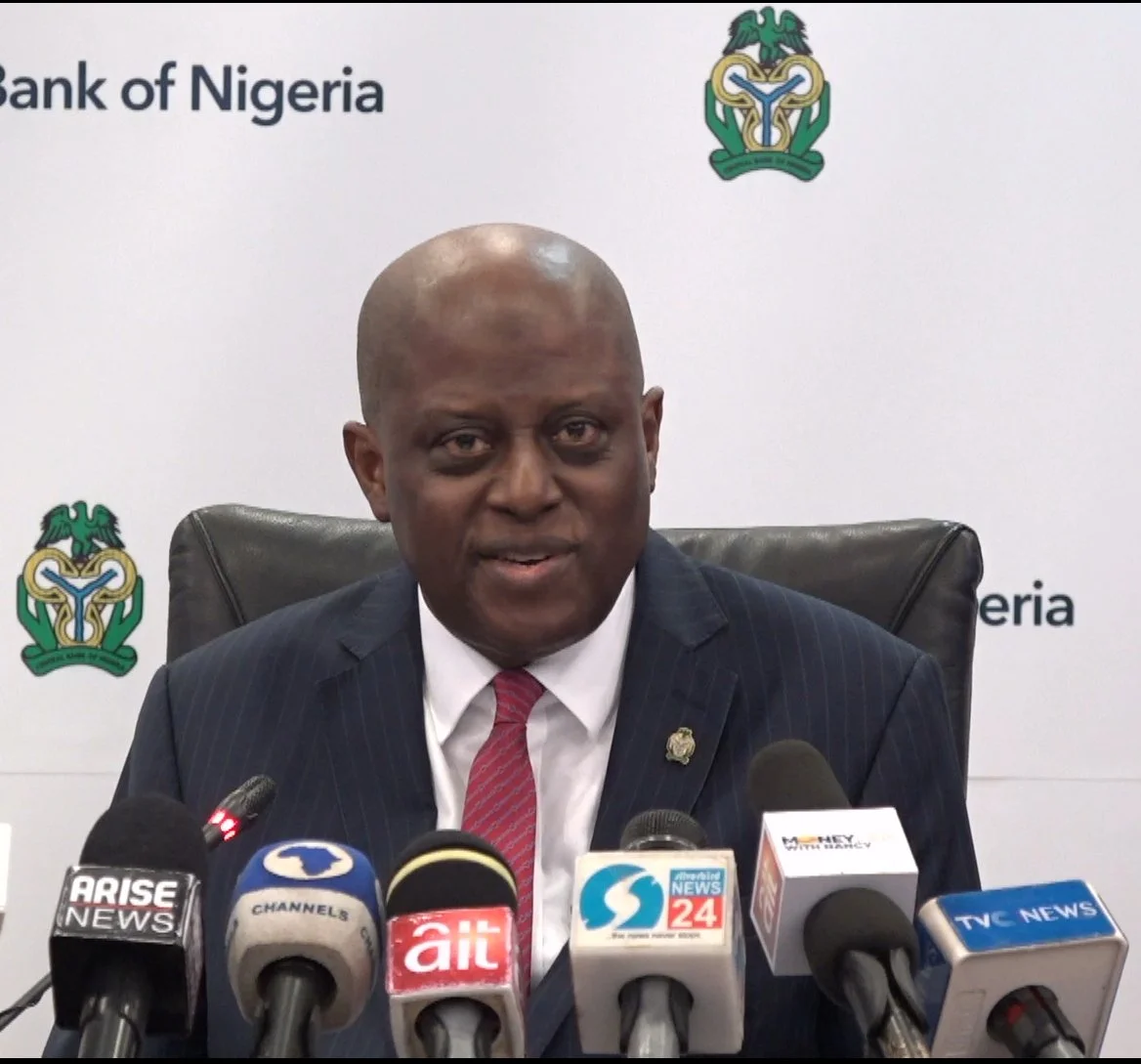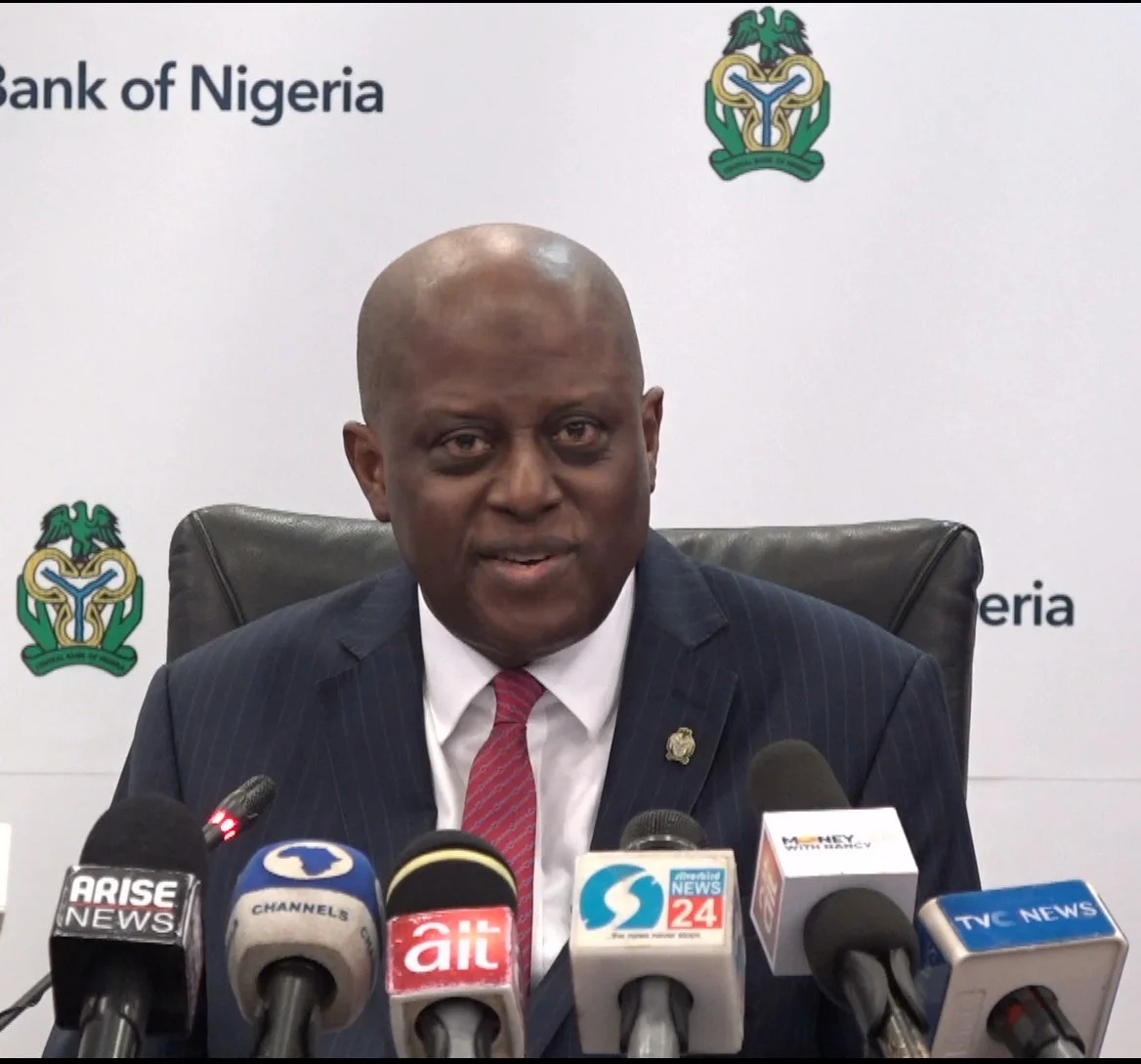The Nigerian Association of Chambers of Commerce, Industry, Mines, and Agriculture (NACCIMA) alongside the Organized Private Sector of Nigeria (OPSN) has raised alarms about Nigeria’s significant public sector deficit, which poses a serious risk to the Federal Government’s objective of transforming the nation into a $1 trillion economy by the year 2030.
In a recent statement, NACCIMA President Dele Kelvin Oye urged the government to adopt a more stringent public financial management strategy. He highlighted the necessity of prioritizing capital investments over recurrent expenditures, broadening the tax base without increasing tax rates, enhancing expenditure efficiency, and addressing financial leakages within all governmental tiers.
“While structural reforms are crucial, we must face a hard reality: ongoing public sector deficits and continual borrowing, largely for recurrent spending, are crowding out private investments and fueling inflation,” Oye remarked. He emphasized the importance of rigorous public financial management practices, focusing on capital investments, expanding the tax base, improving expenditure efficiency, and accelerating the divestment or concessioning of underperforming public assets.
Oye, who also leads the OPSN, pointed out that these measures are essential for not only restoring macroeconomic stability but also for rebuilding investor and business confidence.
He commended the government’s acknowledgment of the daunting macroeconomic and social challenges, as expressed by the Minister of Finance and the Central Bank Governor during the recent IMF/World Bank Spring Meetings. He praised the government’s commitment to job creation and youth empowerment, describing it as timely and commendable.
“We appreciate the government’s dedication to achieving single-digit inflation, generating employment, enhancing digital infrastructure, and striving for a $1 trillion economy by 2030,” Oye stated.
However, he cautioned that the latest Africa Pulse report from the World Bank underscores an urgent threat of escalating poverty in Nigeria, with projections indicating that the national poverty rate could rise to 56% by 2027. “The alarming increase in the number of Nigerians living in poverty, heightened inflation, youth migration, and a widening fiscal deficit all highlight the necessity for swifter, targeted, and pragmatic policy responses,” he added.
Regarding monetary policy, Oye expressed concern that the Central Bank’s current lending rates, which are between 30-40%, may inhibit entrepreneurship, industrial production, and agricultural growth. He argued that while the aim is to control inflation, this monetary environment paradoxically constrains the productive sector and hampers job creation and innovation. He called for targeted funding and special credit provisions for micro, small, and medium enterprises (MSMEs) as well as key sectors at concessionary rates to stimulate growth, employment, and food security.
On the issue of youth migration and insecurity, Oye described the trend of skilled youth leaving the country as alarming, driven by economic disenfranchisement and insecurity. “Immediate, large-scale public works, digital skills training, and investment in security in affected regions are essential,” he said. “Government must allocate funds for youth-oriented entrepreneurship initiatives and stimulate rural enterprises, particularly in agriculture and light manufacturing, to ensure that staying in Nigeria is a viable and appealing option.”
When discussing inflation, he pointed out that while monetary tightening might help to curb price rises, it is crucial to concurrently address underlying issues such as food supply chain disruptions, energy deficits, overregulation, inconsistent policies, currency volatility, and excessive fiscal inflations. NACCIMA advocates for expediting strategic food importation, providing logistical support, ensuring farmers have access to affordable inputs through targeted subsidies, and committing to the continuous provision of Naira crude to local refineries while promoting modular refining projects to decrease dependency on fuel imports.
“We urge for structured dialogue with organized private sector stakeholders in policy design and implementation, ensuring that policy measures are based on evidence and relevant to the context,” Oye said.
In conclusion, he noted, “As global economic and geopolitical dynamics shift, with the U.S. dollar’s dominance waning due to a reduced share in global markets, the overuse of dollar-based sanctions, and advancements in digital settlement systems, Nigeria must recognize these shifts and strategically realign its foreign policy. By building stronger partnerships and trade relationships with emerging economic blocs like China and the BRICS nations, Nigeria can enhance its appeal as a destination for foreign direct investment. This opportunity can help diversify our economy, stimulate industrial growth, create jobs, and ultimately alleviate poverty, positioning Nigeria as a key player in the evolving global landscape.”
Oye acknowledged the government’s proactive reforms but emphasized that the immediate socioeconomic challenges—including rising poverty, unemployment, and insecurity—demand urgent, intentional, and inclusive interventions. “Nigeria cannot rely on the forbearance of its citizens when their livelihoods are diminished and aspirations are crushed by economic hardship,” he concluded.





